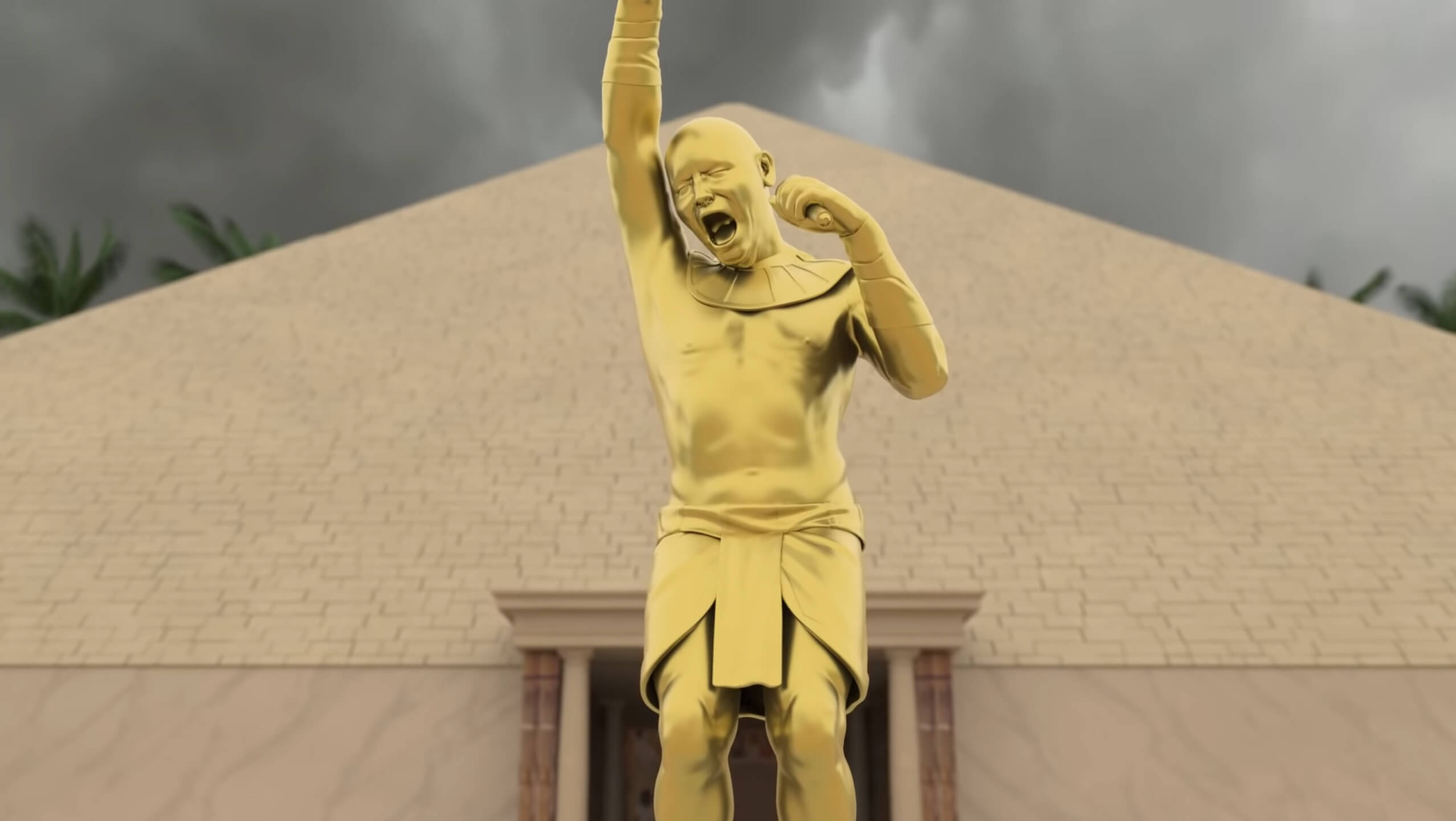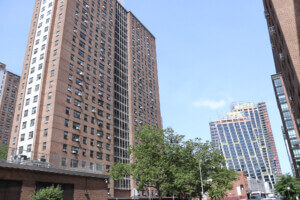Floating countries are nothing new—libertarians have been proposing going John Galt and fleeing to floating nations free from the rules of terrestrial governments for decades. No such seastead or self-sufficient island nation has ever actually been built, of course, but that hasn’t stopped cryptocurrency investors from floating their own proposals.
Last week, the internet discovered Cryptoland after the blockchain-based paradise’s pitch video went viral (and after an unfortunate age of consent question and legal threats from Cryptoland the company to a critic drove even more attention to the project).
Although the 18-minute sales pitch was taken down, Cryptoland has kept the 10-minute public version online. You can watch it at the YouTube link here, but as the Financial Times noted, the full version featured a testimonial by cryptocurrency entrepreneur Kyle Chassé who touts that he wouldn’t be interested if the creators didn’t already have architectural plans ready (no indication of who by), hadn’t already invested $500,000 of their own money in the project, and hadn’t already secured a purchase agreement for a private island near Fiji, as well as master planning approval from the Fijian government.
The island, at least, is real. It’s called Nananu-I-Cake and spans 600 acres roughly a mile off the coast of Fiji. It’s also still available for purchase at $12 million, making Cryptoland’s claims that it had already bought the island spurious at best.
Still, the crescent-shaped Nananu-I-Cake is the setting for Cryptoland’s pitch video, where the company is promising 60 one-acre plots of land that can be purchased via NFT and no indication of where fresh water or electricity will come from or how sanitation will be handled. The video starts out with cryptocurrency investor Christopher arriving at Cryptoland and immediately being accosted by a giant coin that could have come straight from Rick and Morty, who shows him around the island. Ultimately the island will be split into three main areas, Cryptoland Bay, the House of DAO (decentralized autonomous organizations), and Blockchain Hills, where the mansions will sit.
The whirlwind tour spans a crypto-themed restaurant, gym, nightclub, and Bitcoin pyramid casino although Nananu-I-Cake is only 1 square mile, with about half of the video devoted to musical montages. Every location is plastered with crypto jokes, and Connie the coin ends the video by saying that the island is a real-world realization of the metaverse.

The founders are still taking plot reservations at about $1.2 million each at the time of writing, but things aren’t going so great for Cryptoland. Widely mocked online, the company has reportedly locked down its Discord by banning critics and is refusing to acknowledge artists who are claiming the video used stolen assets the company didn’t pay for.
Is the whole proposal satire? The answer is likely not but buying real estate via NFTs isn’t even a novel concept at this point. In March of 2021 AN covered an NFT of a metaverse house that was purchased for $500,000. That was followed in April by the listing of the Paul Rudolph-renovated Edersheim Residence in Larchmont, New York, as an NFT, an actual house you can pay money for and live in. Still, the Cryptoland video will more likely prove Kate Wagner right than actually house deep-pocketed investors; that same April, Wagner lamented that NFTs are just another form of architectural speculation designed to funnel money towards nothing more than glitzy renders.











